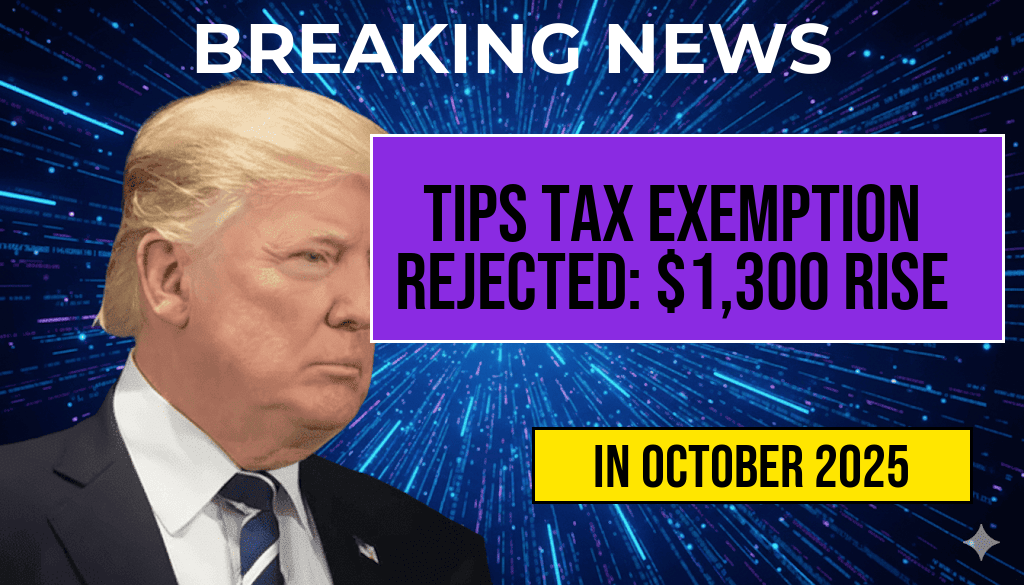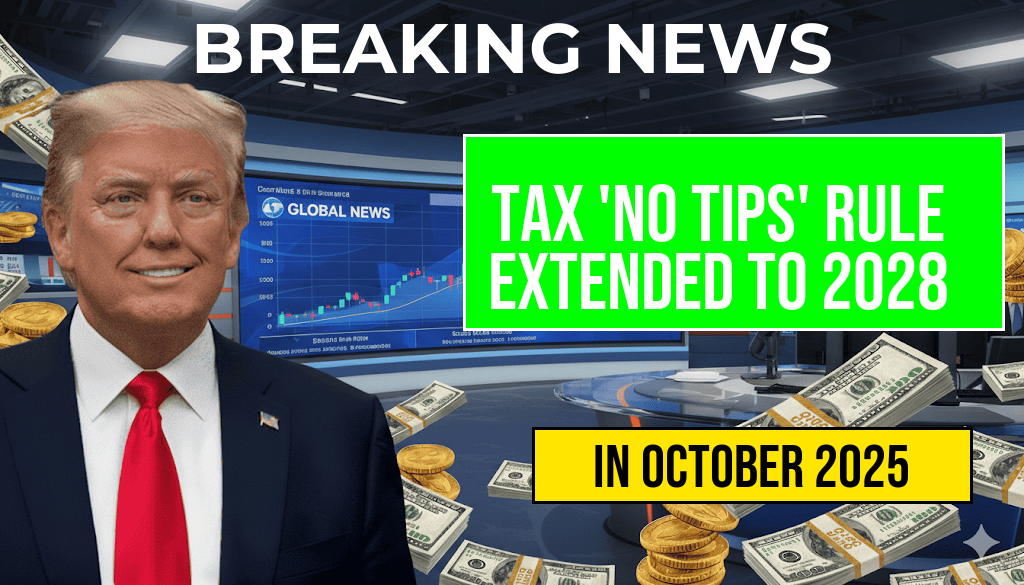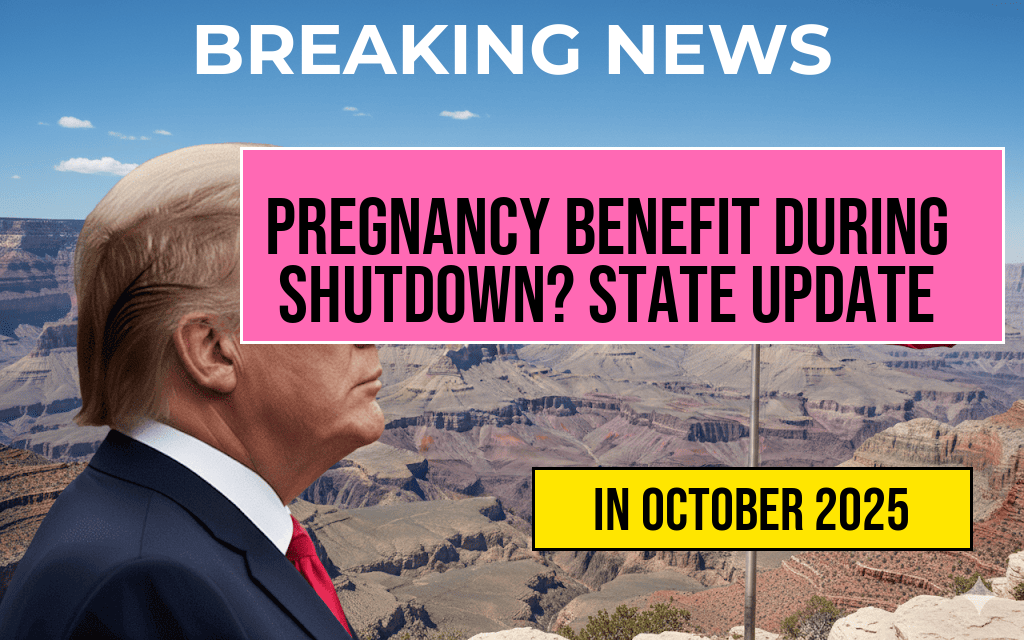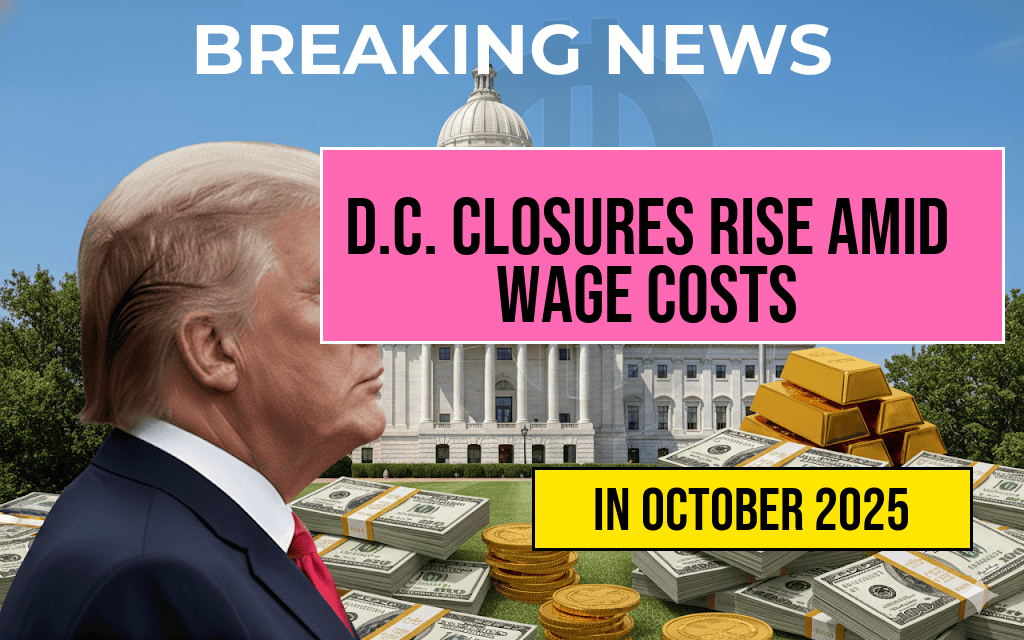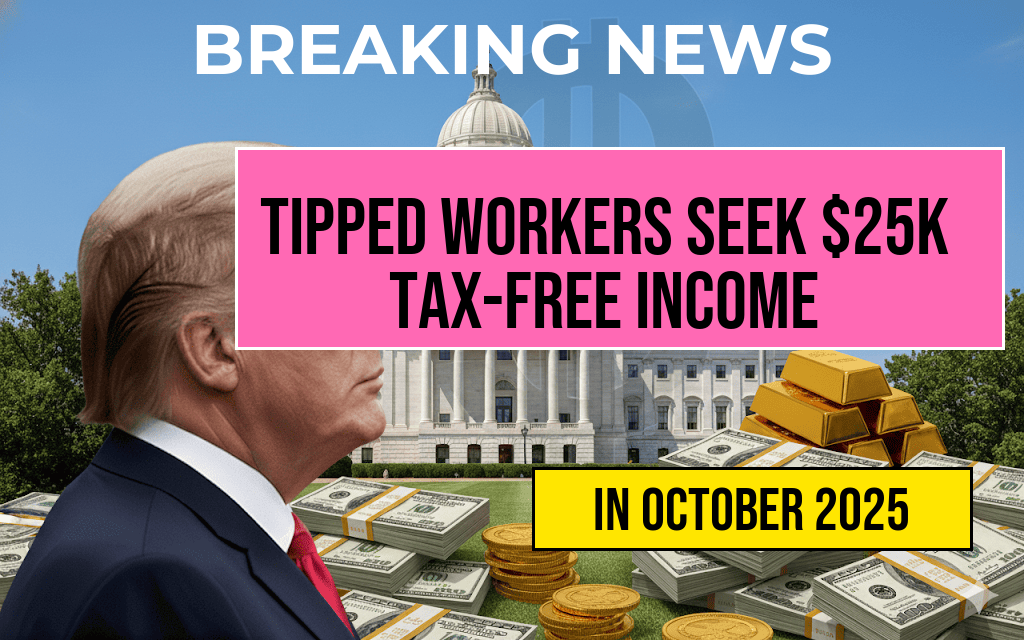Tax ‘No Tips’ Rule Extended Through 2028 with a $25,000 Annual Cap You Can’t Overlook
The federal government has confirmed the extension of the controversial “No Tips” rule through 2028, a policy that significantly impacts service industry workers and restaurant owners alike. Under this regulation, tips received by employees are excluded from taxable income up to an annual limit of $25,000. This extension, announced in a recent update to the tax code, aims to provide stability for workers relying heavily on tips while balancing the government’s revenue concerns. Critics argue the cap may limit earning potential for high-performing staff, whereas supporters view it as a safeguard against excessive taxation of gratuities. The rule’s continuation reflects ongoing debates about fair taxation, worker compensation, and the evolving landscape of the service economy.
Background of the “No Tips” Policy and Its Implications
The “No Tips” rule, initially introduced as part of broader tax reforms, was designed to clarify the taxable status of tips and prevent potential abuse. It stipulates that tips are not considered taxable income if they do not exceed a specified threshold, which has now been set at $25,000 annually. This cap effectively means that workers earning below this amount in tips will not face tax liabilities on those earnings, simplifying tax reporting and potentially increasing take-home pay.
However, the policy also includes provisions for reporting tips exceeding the cap, requiring employees to declare additional income. Restaurant owners and payroll managers must adapt their systems to ensure compliance, which has prompted updates to payroll software and increased administrative oversight. The extension through 2028 offers a window of predictability for industry stakeholders navigating these regulations.
Details of the Extension and Its Rationale
| Aspect | Details |
|---|---|
| Extension Duration | Through December 31, 2028 |
| Annual Tip Cap | $25,000 |
| Taxable Tip Threshold | Tips exceeding $25,000 are taxable |
| Reporting Requirements | Employers must report tips exceeding the cap to IRS |
| Impact on Workers | Protection from taxes on the first $25,000 in tips annually |
Officials from the IRS state the extension aligns with ongoing efforts to streamline tax obligations for service workers while ensuring proper revenue collection. The decision also reflects feedback from industry groups and labor advocates who emphasized the importance of maintaining a fair and predictable tax environment amid inflationary pressures and economic shifts.
Reactions from Industry and Worker Advocates
Many restaurant owners appreciate the extension as a measure that reduces compliance burdens and provides certainty in payroll planning. John Bennett, owner of a mid-sized restaurant chain, remarked, “Knowing the tip tax rules are stable until 2028 helps us plan wages and staffing without sudden tax surprises.”
Conversely, some workers express concern that the cap limits their earning potential. Maria Lopez, a seasoned bartender in Chicago, noted, “Some nights I earn well over $25,000 in tips. The cap feels like a ceiling on my income, especially during busy seasons.” Labor unions and advocacy groups have called for future reforms to eliminate or raise the cap, arguing that it does not reflect the realities of high-service industries.
Potential Future Developments and Considerations
Experts suggest that the extension might be a temporary measure, with discussions ongoing about potential reforms to adapt to changing economic conditions. The debate centers on whether a higher cap or an entirely different approach to tip taxation would better serve workers and government interests.
Additionally, the rise of digital payment platforms like Venmo and Square has complicated tip tracking, creating new challenges for both employees and tax authorities. The IRS has indicated plans to improve guidance and enforcement related to electronic tips, emphasizing transparency and compliance.
Impacts on Tax Planning and Compliance
Workers and employers are encouraged to review their tip reporting practices to ensure adherence to the extended rules. Tips exceeding the $25,000 threshold must be accurately documented and reported to avoid penalties. Employers should also update their payroll systems and communicate changes clearly to staff.
For more information on federal tax regulations related to tips, visit IRS guidelines on employee tips.
Summary of Key Points
- The “No Tips” rule has been extended through 2028, maintaining the $25,000 annual cap.
- Tips up to this limit are exempt from taxation, simplifying tax reporting for many workers.
- Exceeding tips require proper declaration and may be subject to taxation.
- Stakeholders are divided on whether the cap adequately reflects industry realities.
- The policy’s future remains uncertain, with ongoing discussions about potential reforms.
As the service industry continues to adapt to evolving tax policies and economic conditions, workers and employers alike must stay informed of regulatory changes. The extension of the “No Tips” rule through 2028 offers a measure of stability but also underscores the importance of understanding the nuances of tip taxation in the contemporary economy.
Frequently Asked Questions
Question
What is the main change to the tax ‘No Tips’ rule announced in the article?
Question
Until what year has the No Tips rule been extended?
Question
What is the annual cap on tips that employees can earn without affecting their taxes?
Question
How does the extension of the rule impact servers and tipped employees?
Question
Are there any limitations or conditions associated with the $25,000 cap on tips?

